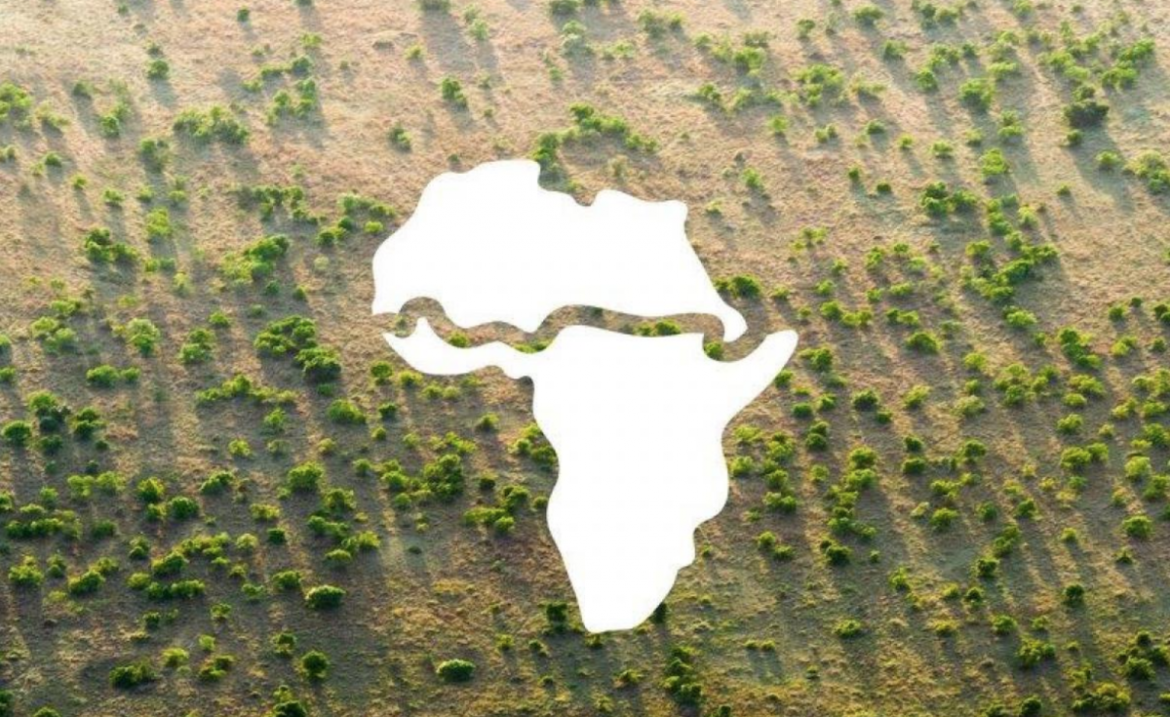Climate change and conflicts are said to be jeopardizing the completion of the Great Green Wall Initiative (GGWI), an ambitious land restoration project throughout Africa.
Launched in 2007, the Great Green Wall, is expected to enhance economic prosperity in participating countries, create jobs, reduce hunger, and lessen conflict, which has been related to war over access to and exploitation of natural resources across Africa.
Promoters of the Great Green Wall have called for strong political will in fostering peace and increasing investment in environmental preservation, both of which the project, which began 16 years ago, aims to improve.
Competition for natural resources threatened by climate change is increasing interstate conflict, particularly in West Africa, which is in the route of the Great Green Wall. The Wall is an Africa-led project that aims to halt the spread of desertification throughout the continent by restoring more than 100 million hectares of degraded land.
The project was originally intended to plant trees in the Sahel region from Senegal to Djibouti, but its scope has been expanded to include the restoration of degraded land in more than 20 countries with the goal of sequestering 250 million tonnes of carbon and creating 10 million green jobs by 2030, according to the project’s promoters.
Read also: Frustration grows as evacuations in ‘severe’ Kimberley flood emergency delayed
According to reports, the project has covered more than 4% of the intended 100 million hectares, but it is on track to meet the deadline, according to Paul Elvis Tangem, African Union Commission coordinator for the Great Green Wall Initiative.
A United Nations status report has shown that the Great Green Wall must cover 8 million hectares of land per year at a cost of up to $4.3 billion in order to reach the implementation date.
Tangem estimates that the project, which has garnered funding from governments, donors, and international development banks, will require more than $50 billion USD to be completed by 2030.
Currently, around 27 billion US dollars have been pledged, a seemingly large sum that Tangem claims is insignificant when the return on investment in nature-based solutions is valued at 1:7 US dollars.
Tangem said that the project’s rapid execution is justified by the growing effects of climate change across Africa, which is now more than just planting millions of trees across Africa but a holistic approach to unlocking economic and ecological benefits for many countries.
This story was adapted from IPS news.
